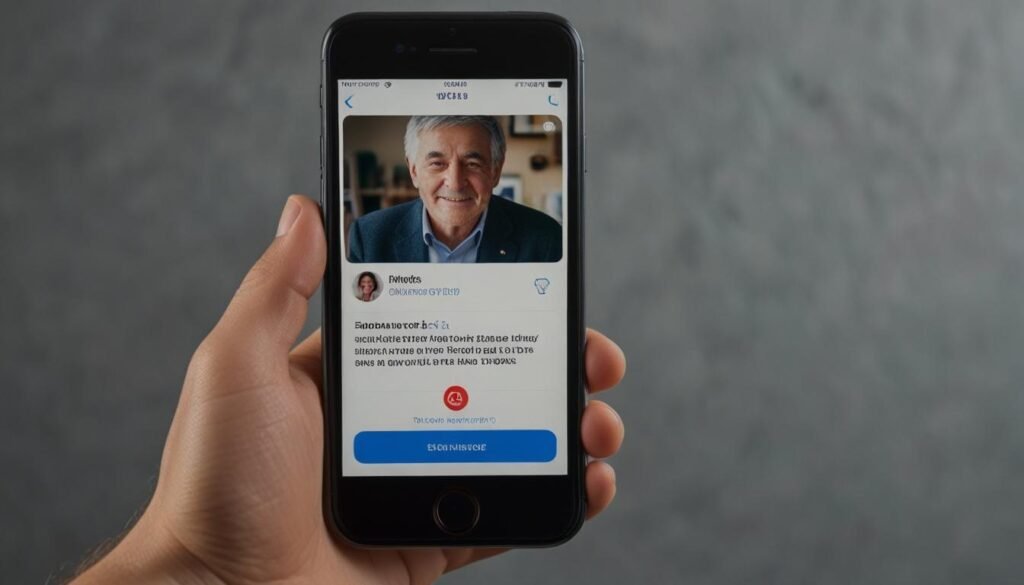BT has successfully employed artificial intelligence to block millions of scam and spam calls, enhancing call security for UK residents, particularly protecting vulnerable demographics.
BT, the prominent British telecommunications company, has embraced artificial intelligence (AI) technology to fortify its efforts against the surge of scam and spam calls disturbing UK residents. In the last four-month period since the introduction of this innovative solution, millions of unwanted call attempts have been thwarted, illustrating the substantial impact of technology on call security.
The cutting-edge AI tool, launched by BT in May, is chiefly developed by the US-based company Hiya, which specialises in spam and fraud prevention. This collaboration has borne fruits by blocking over 20.1 million intrusive calls, which included approximately 2.7 million outright scam attempts and 17.7 million considered as merely nuisance spam calls. These figures underscore the efficacy of the AI system, serving as a crucial step in combating telephonic fraud.
The technology operates by scrutinising incoming calls, providing alerts to users regarding potentially malicious calls. Specifically, it warns landline customers when a call is suspected to be spam. Such calls are then either automatically rerouted to a junk voicemail or met with a visual prompt on the phone’s display labelled ‘nuisance?’ Customers can subsequently decide to answer or reject these flagged calls. Calls originating from legitimate businesses display the caller’s name, offering an additional layer of authenticity and reassurance.
Given the demographic most reliant on landlines, the initiative holds particular significance. The majority of home phone users in the UK are over 65, a group that is notably susceptible to ‘vishing’ scams—voice phishing where fraudsters aim to extract sensitive information over a telephone conversation. BT’s intervention through Digital Voice, its digital landline service, provides a robust safeguard by preventing scammers from reaching this vulnerable demographic.
While BT makes strides against traditional scam approaches, the emergence of AI-driven scams, such as voice cloning, presents a new frontier of challenges. These scams involve fraudsters using advanced technology to replicate a person’s voice using brief audio clips. The resultant voice clones are utilised to deceive victims’ family members into believing they are responding to an urgent call for help—often a plea for financial assistance under false pretences such as medical emergencies or rent issues. Prominent financial institutions, including Starling Bank, have initiated awareness campaigns to educate the public on these sophisticated scams, underscoring the pervasiveness and evolution of telephonic fraud.
Data from Hiya reveals that UK residents received an average of three spam calls monthly from January to June this year, suggesting a significant number—approximately 195 million spam calls per month nationwide. To combat this, BT’s technology currently serves 2.5 million customers, a number expected to rise as more users transition to digital landlines. BT’s goal is to increase the monthly blocked scam call tally to over 1.5 million once Digital Voice is fully adopted by all customers.
BT’s commitment to customer safety during the transition to digital services is affirmed by Lucy Baker MBE, a director at BT, who highlighted the effectiveness of Hiya’s technology in preventing scam calls. Alex Algard, Hiya’s chief executive, also expressed satisfaction with the collaboration, acknowledging the successful deployment of their anti-fraud technology in shielding BT users from unwanted calls.
Overall, this AI initiative marks a significant development in safeguarding communication lines, demonstrating how technology can reinforce security measures to protect individuals against the dangerous and disruptive phenomenon of scam and spam calls.
Source: Noah Wire Services















